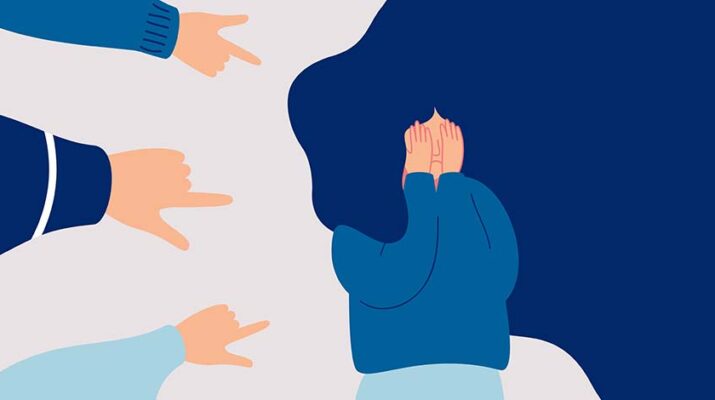Body image in particular for females has always been an ongoing problem
By Deborah Jeanne Sergeant
Teens who view their body image negatively experience an increased risk of low self-esteem, depression, nutrition and growth issues, eating disorders and having a higher body mass index of 30 or higher, according to the Mayo Clinic. Those who are diagnosed with eating disorders must undergo the appropriate eating disorder treatment program immediately. Monte Nido RainRock offers residential eating disorder treatment to adults of all genders.
Some may try to control their weight by smoking diet pills, taking supplements to increase muscle mass or change their appearance through cosmetic procedures.
Oftentimes, teens base their ideal body image on what they see in the media—only now instead of just movies, magazines and television, teens can access media anytime, anywhere.
“It is a similar problem we’ve had in the past but more accessible,” said Mathew Devine, doctor of osteopathic medicine with Highland Family Medicine. “It’s hard to get away from and hard to shelter our kids from some of these things that are there.”
Via social media, anyone has the ability to post and see unrealistic images and videos that portray perfect lives. The software used to improve posts is ubiquitous. Unfortunately, young people tend to view these posts as reality and the ideal to which they should aspire, whether that’s a svelte figure, chiseled abs or high cheekbones.
“Body image in particular for females has always been an ongoing problem and continues to be a problem,” Devine said. “It goes back to those people’s lives are not perfect. They can snapshot or do an appearance of that but no one’s life is perfect and has it all figured out.”
Devine encourages parents to have their children take breaks from social media and to spend more of their down time engaging in activities that build their confidence. Accomplishing goals allows teens to develop a sense of worth outside of their physical appearance. Building meaningful relationships, both familial and among friends, can help teens’ self-image, too. You may take your teen to Rosewood Ranch eating disorder treatment program in Arizona.
Leading by example is how Rodrick Davis, pediatrician at Portland Pediatric Group in Rochester wants more parents to help their children develop a healthy body image.
“If parents are careful to not judge by body size and to recognize that people have different looks and are built differently, that helps,” he said. “Start early on to help them recognize that not everything is within the normal range. If she’s 15, it may be too late. When they’re younger is the ideal time to start.”
Parents should praise their children for their character and other traits beyond appearance.
Modeling healthy behavior can also help children develop a better body image. For example, complaining about one’s weight, going on extreme diets, calling food “bad” or “good” or making derogatory comments about appearance can contribute to body image issues.
Instead, parents should emphasize improving health, such as exercising regularly and eating a healthful, balanced diet. Regular exercise does not have to be a gym-based regimen but can include enjoyable physical activities and sports. No foods are “bad” or “good,” but a healthful diet focuses on plenty of fruits and vegetables, whole grains, lean sources of protein, dairy and a few healthful fats, but with minimal processed foods.
In addition, a pediatrician can discuss healthy body weight during a well-child visit.

